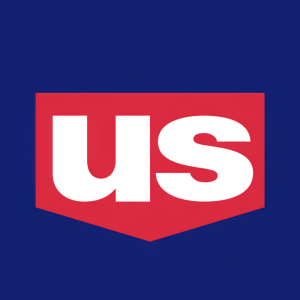U.S. Bancorp announces quarterly dividends
The Board of Directors also declared the following:
-
A regular quarterly dividend of
$1,667.22 1$16.67 2210 -
A regular quarterly dividend of
$390.26 4$0.39 0264 -
A regular semi-annual dividend of
$662.50 0$26.50 0000 -
A regular quarterly dividend of
$343.75 0$0.34 3750 -
A regular quarterly dividend of
$234.37 5$0.23 4375 -
A regular quarterly dividend of
$250.00 0$0.25 0000 -
A regular quarterly dividend of
$231.25 0$9.25 0000 -
A regular quarterly dividend of
$281.25 0$0.28 1250
About U.S. Bancorp
U.S. Bancorp, with more than 70,000 employees and
View source version on businesswire.com: https://www.businesswire.com/news/home/20240312306222/en/
Investor contact: George Andersen, Director of Investor Relations,
george.andersen@usbank.com, 612.303.3620, @usbank_news
Media contact: Jeff Shelman,
jeffrey.shelman@usbank.com, 612.303.9933, @usbank_news
Source: U.S. Bancorp







